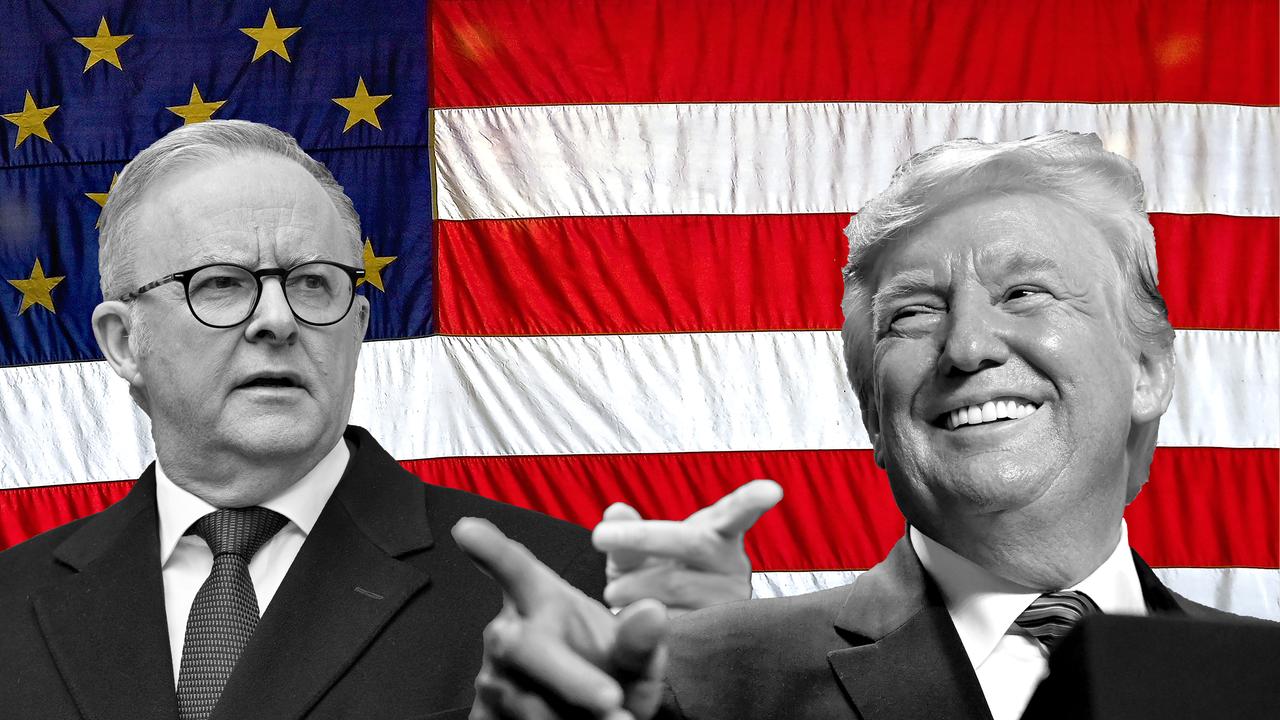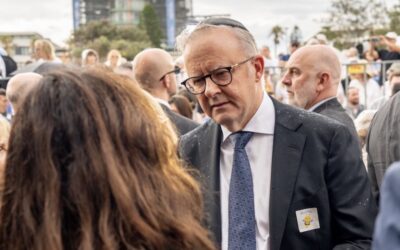Prime Minister Anthony Albanese’s absence from US President Donald Trump’s diary may have been a “petulant” rebuke after Australia recognised Palestinian statehood.
But failure to secure a formal bilateral with the US president is unlikely to affect long-term relations, according to one expert.
“It’s the kind of thing that will pass … it was just a little slap on the wrist and it’ll be forgotten,” Australian National University Law School Professor Ron Levy told AAP.
The government has been trying to secure the first face-to-face between the pair, after an earlier meeting planned on the sidelines of the G7 meeting in Canada in June was cancelled because of escalating violence between Israel and Iran.
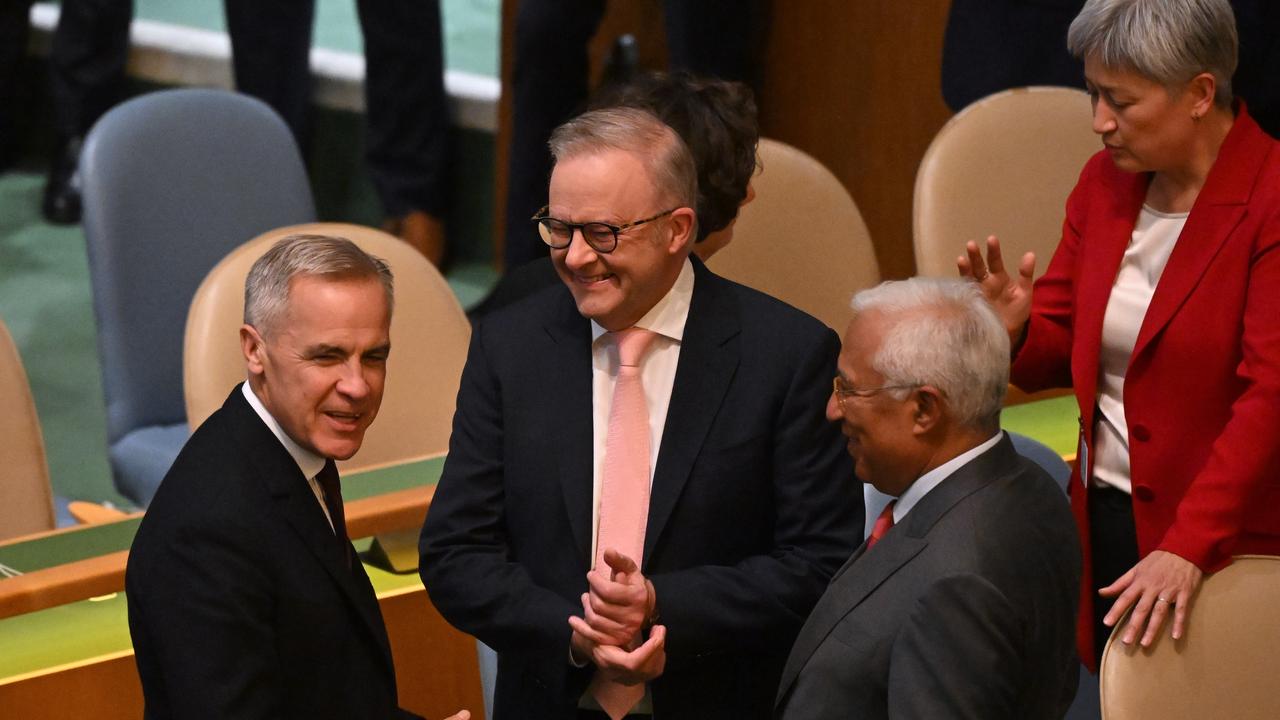
Mr Albanese’s travel to the United Nations in New York presented another opportunity for a sit-down but a meeting between the leaders of the long-term defence allies is yet to materialise.
Despite Canberra’s eagerness for a meeting, White House press secretary Karoline Leavitt did not mention Australia when revealing a rundown for the bilateral talks Mr Trump plans to hold.
Some trace the snub to Australia’s decision to recognise the state of Palestine, in line with Canada, France, the UK and others.
Asked about the recognition of Palestinian statehood by US allies, Ms Leavitt said Mr Trump “has been very clear he disagrees with this decision”.
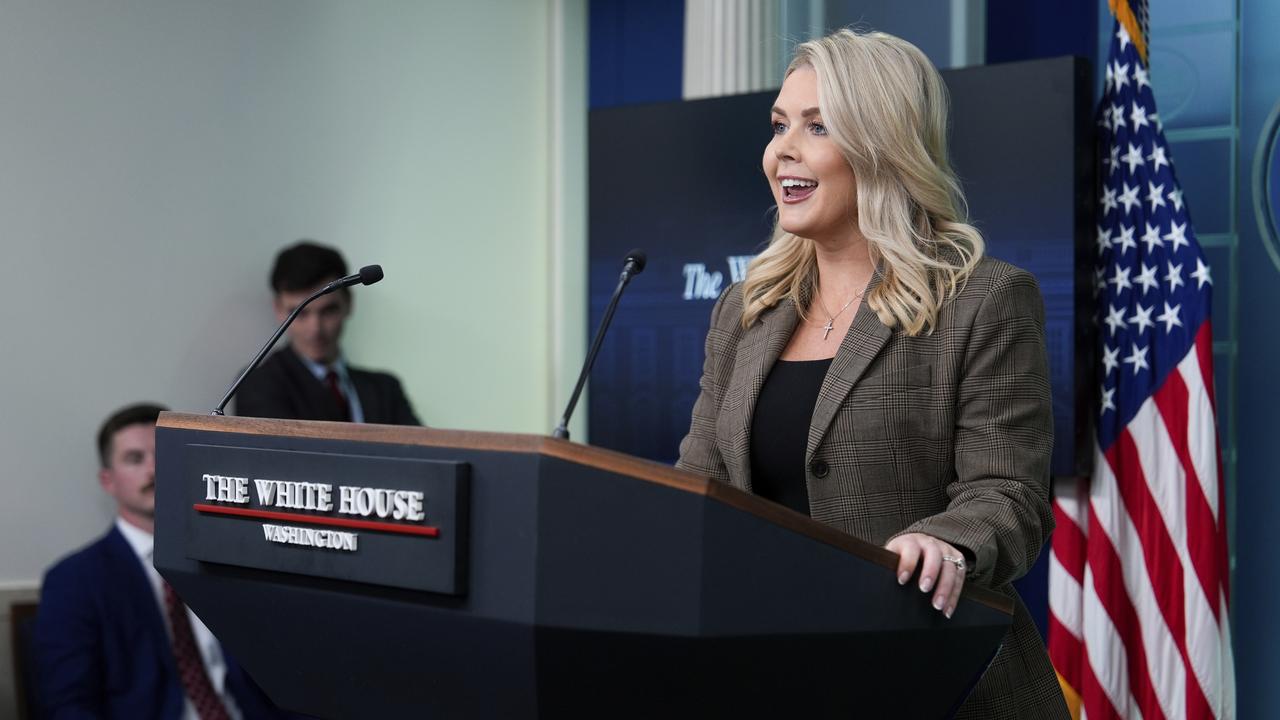
“He believes these decisions is just more talk and not enough action from some of our friends and allies, and I think you’ll hear him talk about that tomorrow at the UN,” she told reporters.
There was a “distinct possibility” Mr Albanese was left off Mr Trump’s list for this reason, Dr Levy said.
“It actually would be a little bit surprising if there was not some kind of slightly petulant response like that.”
Mr Albanese has not yet met with Mr Trump since he came into office over eight months ago but Dr Levy said not securing a meeting would not have long-term impacts on relations.
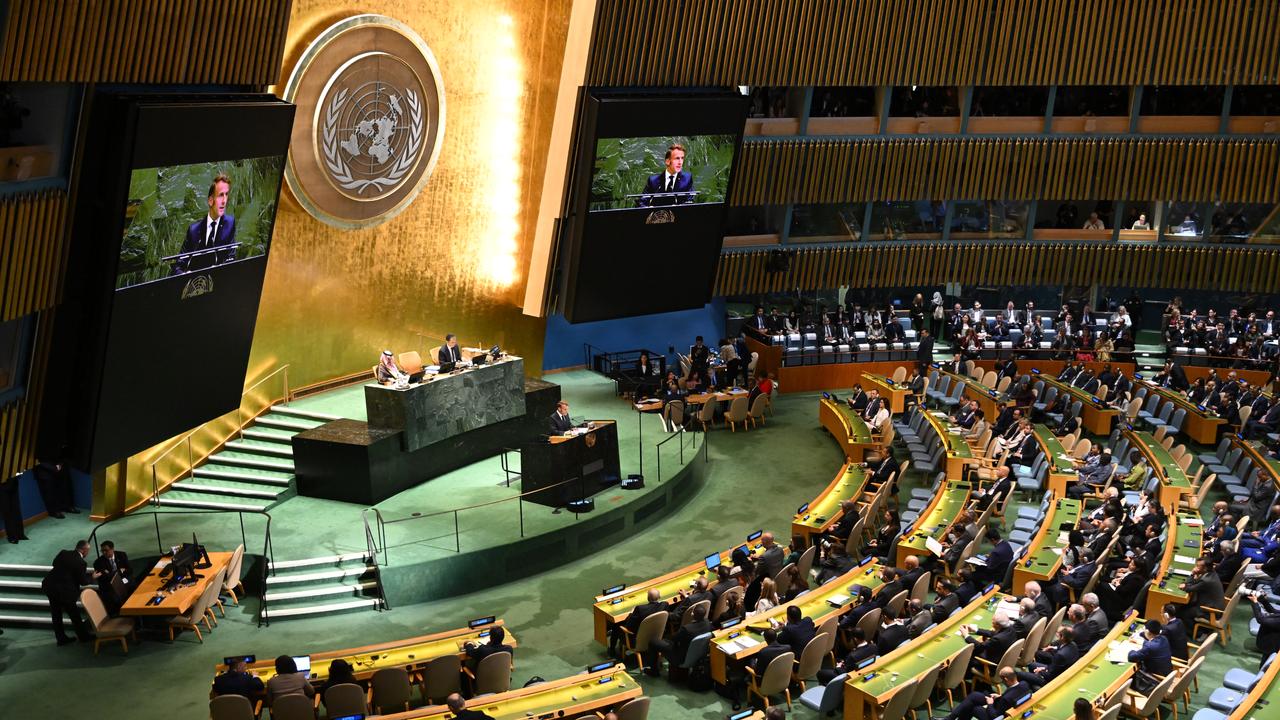
“There’s a number of reasons for that … one of them is that we have this AUKUS deal and they don’t want to push us too hard,” he said.
“So it’s just symbolic. It’s nothing too serious.”
Deputy Prime Minister Richard Marles has “no doubt” Mr Albanese and Mr Trump will have a face-to-face meeting “in the not-too-distant future”.
“We’re very confident about the relationship there, the prime minister and the president have spoken to each other by phone on a number of occasions,” Mr Marles told reporters in Launceston.
Assistant Foreign Minister Matt Thistlethwaite told Sky News there was “no need” for Mr Albanese to meet with the US president.
“We’ve had pretty good commitments that offers will be maintained and will continue on that important defence relationship into the future,” Mr Thistlethwaite said.
“It’s a sign that the relationship between Australia and the United States is strong.”
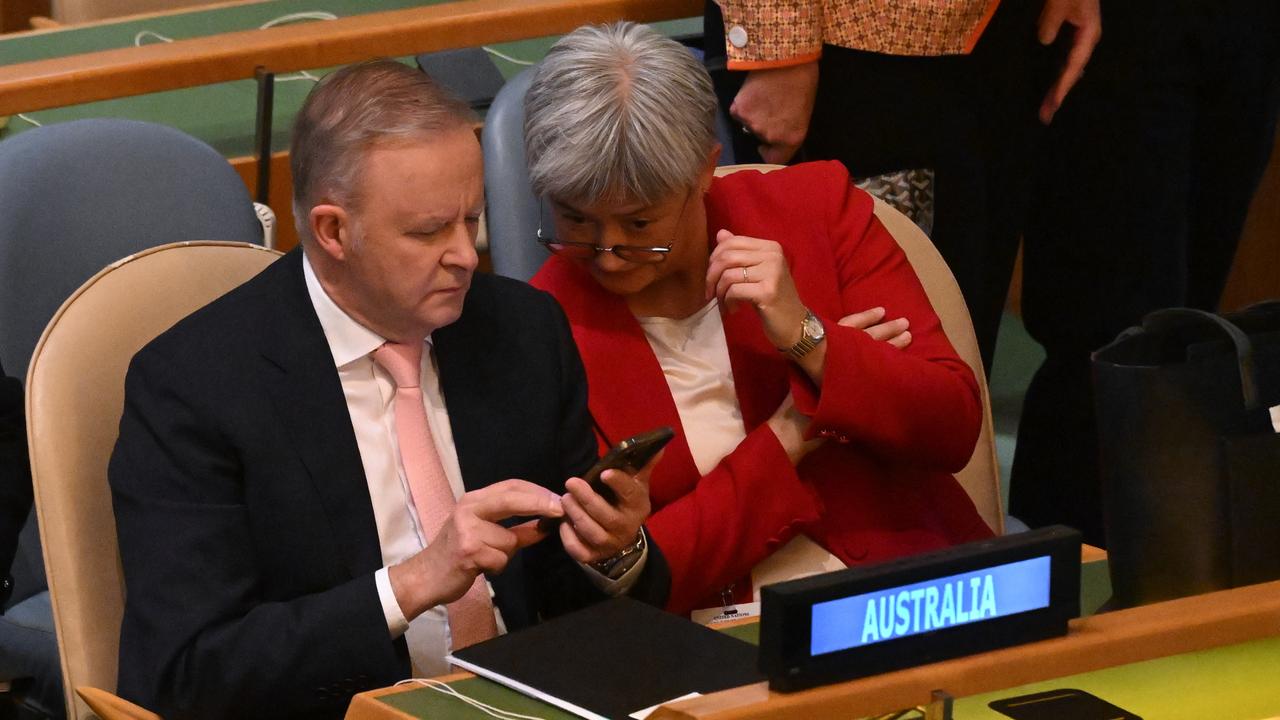
Opposition Leader Sussan Ley said Australia had a “long shopping list of issues” that needed to be discussed with Mr Trump, including tariffs on Australian goods and the $368 billion nuclear-submarine deal under the three-nation AUKUS partnership.
United States Studies Centre director of research Jared Mondschein said this would have been the “most opportune time” for Mr Albanese to have leadership talks with Mr Trump.
But he said it was difficult to predict whether failing to secure a meeting would impact pressing issues.
“Donald Trump could impose further tariffs on Australia. I think he could also remove all tariffs from Australia,” he said.
“The only predictable aspect of this is continuing unpredictability (from Mr Trump).”
If Mr Albanese does miss out on a bilateral meeting with Mr Trump, he may have a chance to speak with him at least briefly at a world leaders’ reception on Wednesday (AEST).
Australian Associated Press is the beating heart of Australian news. AAP is Australia’s only independent national newswire and has been delivering accurate, reliable and fast news content to the media industry, government and corporate sector for 85 years. We keep Australia informed.
